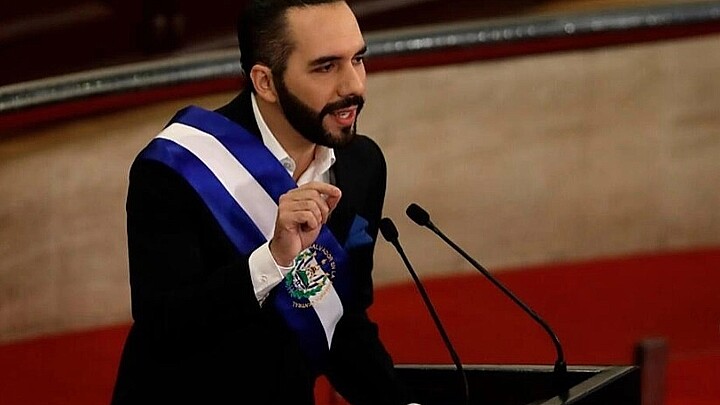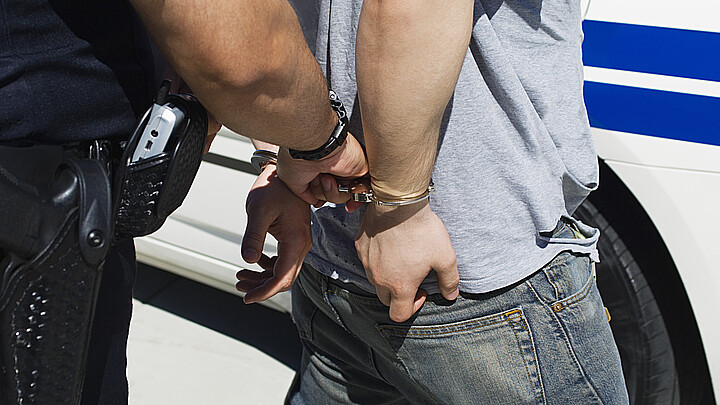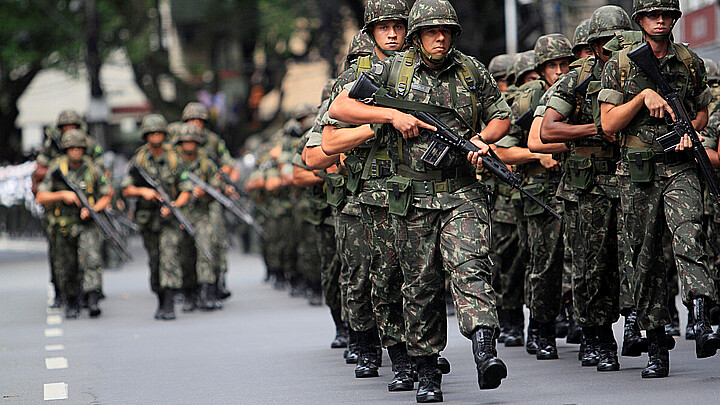Crime
El Salvador government announces new measures amid gang crackdown
In what he calls the “Phase Five” of the country’s crackdown against gangs, Bukele said that as many as 14,000 army troops will block off and surround city blocks
November 25, 2022 8:36am
Updated: November 25, 2022 8:36am
El Salvador President Nayib Bukele announced on Wednesday that he will seal off sectors of cities to search for gang members in his latest measure to crackdown on gang violence in the Central American country.
In what he calls the “Phase Five” of the country’s crackdown against gangs, Bukele said that as many as 14,000 army troops will block off and surround city blocks. Anyone entering or leaving those sectors will be checked by police or soldiers.
“Now comes phase five, which is rooting out the criminals that still remain in communities,” Bukele said during a speech at a graduation ceremony for military officers on Wednesday.
Such measures aim to "surround large cities and extract the terrorists who are hiding within the communities, without giving them the slightest possibility of escape," he said.
Bukele said that similar tactics worked in the town of Comasagua in October when 2,000 soldiers and police closed off the city to root out gang members. Around 50 alleged gang members were arrested in two days.
“It worked,” Bukele said.
Bukele announced a state of emergency on March 27 after a wave of homicides. Since then, the country has jailed more than 58,000 individuals with alleged ties to gangs. The Salvadoran government estimates that homicides have declined by 38% since the crackdown began eight months ago.
The measures implemented under the state of emergency temporarily suspended constitutional protections and limited freedom of association.
Additionally, Bukele reformed the country’s penal code to increase jail time for gang members and try minors who are alleged gang members to be tried as adults.
Several human rights organizations and NGOs have criticized Bukele's measures, claiming that the harsh measures violate human rights and many arrests have been arbitrary, leading to the arrest of innocent individuals.










